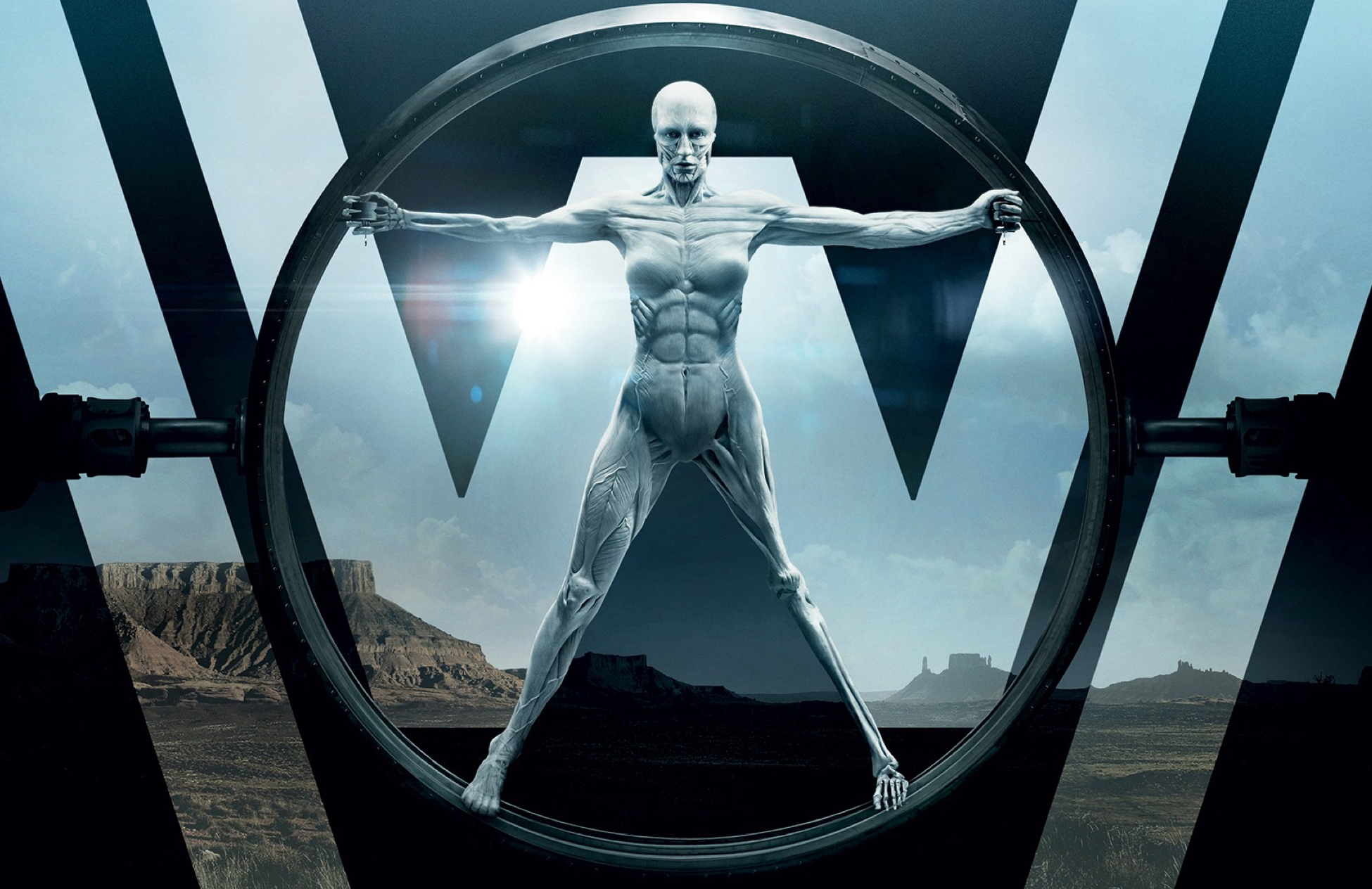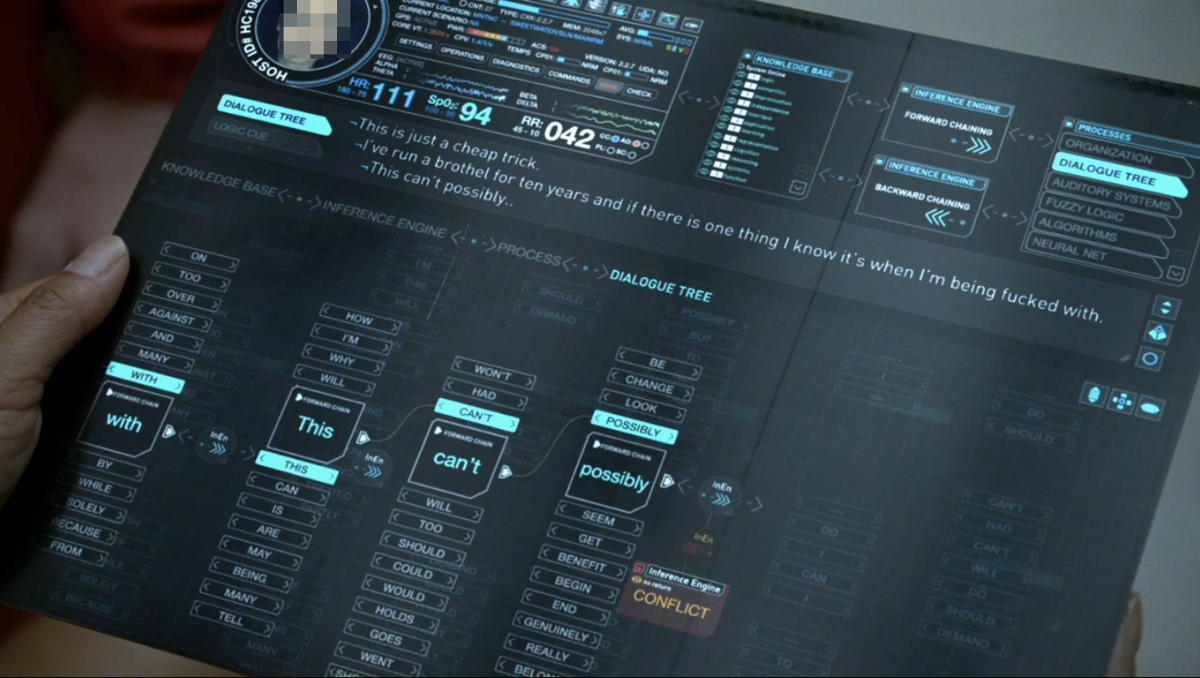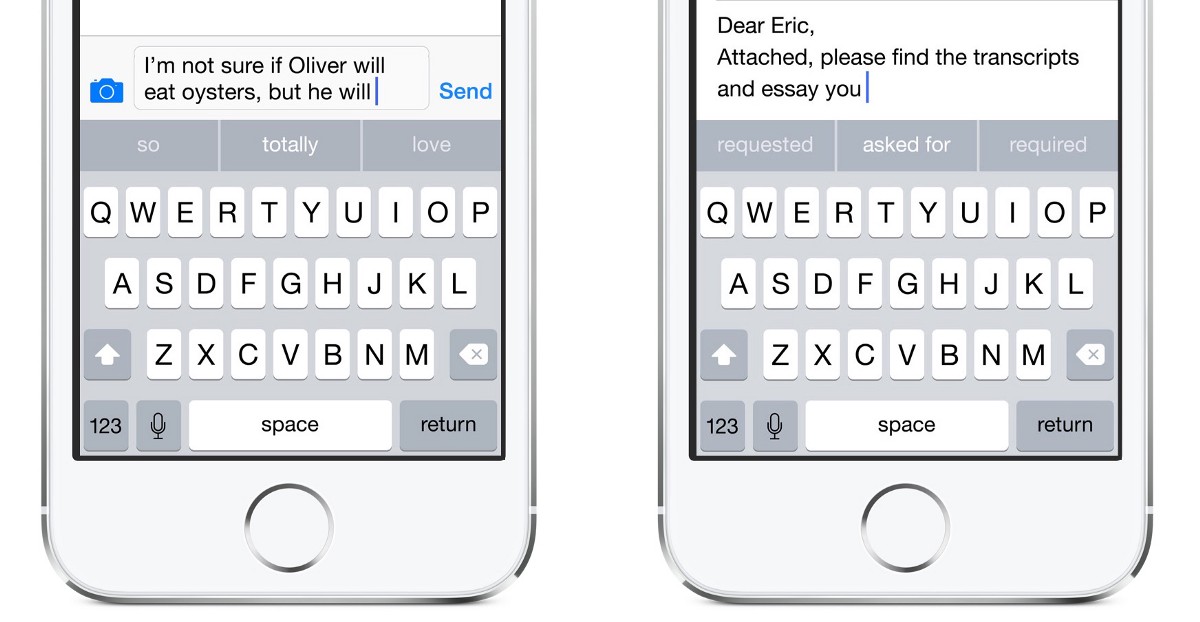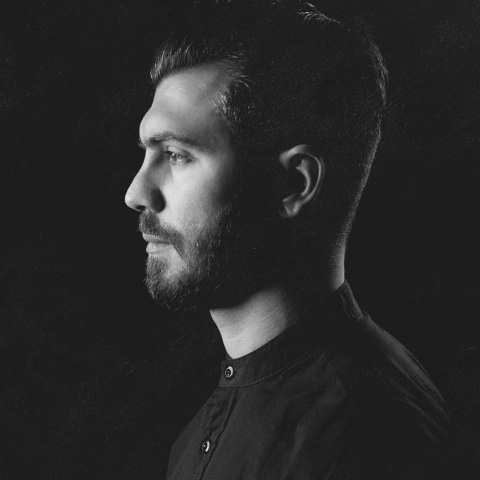While the show is certainly science fiction, it rings with an undertone of truth. Now, more than ever, we are seeing advances in artificial intelligence that pose the question: maybe that future isn’t so far off from reality after all?
A century from now, experience design will remain prevalent
From time to time, the TV show’s audience is given a glimpse into the ‘corporate headquarters’ of West World, where the designers and engineers responsible for developing and maintaining the park are on display.
Each robot in West World possesses their own personality and aptitudes, and plays a specific role within a scripted narrative. So we get to see how the creators of the theme park organize themselves, with dedicated designers creating both the hardware and software, and a team developing the content strategy (or storyline).
The show depicts a similar organizational structure that’s similar to most tech companies today. But what’s fascinating to me is the adaptation of the role of the experience designers will play far into the future. In the vision of West World, experience designers are not just designing for screens, but designing people.
UX designers will be experts in logic, math and psychology
Following this thinking, the creators of West World inadvertently begin to scratch the surface of how important (and different) UX truly will be in the years to come. In a world where AI has self-actualized, the job requirements of an experience designer may blend with algorithm designers, machine learning and cognitive/social psychology.
There is an emphasis in today’s technology to design for the visual experience since most of our interactions with machines are in the form of mobile devices and laptops. With the rise of AI, that experience is quickly vanishing, and instead our interactions with technology are becoming more natural, such as in the form of conversation.



